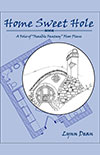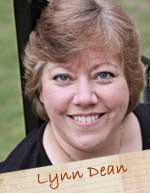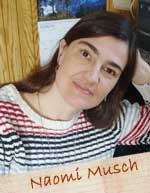In my previous lesson, we looked at homonyms or homophones. In particular, we focused on contractions. Let’s look at more misused words. This section contains words that sound alike but have an entirely different meaning—more homonyms to confuse the English language.
Alter (to change)
Altar (a table used for a holy rite)
Example: For weddings, we alter the flower arrangement on the altar.
Compliment (to flatter, enhance)
Complement (to complete)
Example: She received compliments on the hat that complemented her outfit.
Led (past tense of lead, to show the way)
Lead (a heavy metal, also present tense of the verb lead)
Example: In a recent survey, lead paint led the list of common household poisons.
Peaked (reached the top)
Piqued (stimulated interest)
Peeked (a brief glance)
Example: With piqued interest, they peaked out of their tents as the sun peaked the mountaintop.
Principle (always a noun) Principle (always a noun)
Principal (a noun, the head of a school. HINT: “The principal is your pal.”)
Principle (as an adjective meaning fundamental, important, prominent)
Example: The principle reason you study these lessons is to avoid a lecture from the principal about the principles of grammar.
Sight (something worth seeing; a device to aid the eye; vision) Sight (something worth seeing; a device to aid the eye; vision)
Site (location)
Cite (make reference to)
Example: Finding the appropriate site on the map, Joe cited the location on his research paper and decided it was a sight worth seeing.
There are other words that are not necessarily homonyms or homophones, but they sound similar enough to cause confusion.
Affect (verb)
Effect (noun. NOTE: To add some confusion, I should say that effect can occasionally function as a verb, but you’d rarely use it in that form.)
Example: Naomi effected a right turn, creating a disastrous effect on traffic, which affected the arrival of people at her book signing.
Farther (generally used for measurable or physical distances)
Further (generally used to describe a figurative distance)
(This is a pair you’ll want to get right to further your knowledge of grammar.)
Example: As they inched farther into enemy territory, the need for further information about the attack strategy became evident.
Okay, some of my sentences are far fetched and/or run on sentences, but I hope they clarify these frequently misused words, or at least give you a chuckle.
Exercise:
- Try your hand at creating some clever sentences or paragraphs using each of the cited words.
- For more examples or further study, check out these pages. Write a sentence with words you find particularly confusing.
http://www.englishchick.com/grammar/grconf.htm
http://wsuonline.weber.edu/wrh/words.htm
I hope you find these lessons helpful as you work on your contest entries. I encourage you to enter your five pages. You’ll gain valuable help and insight into your writing style.
















Speak Your Mind
You must be logged in to post a comment.